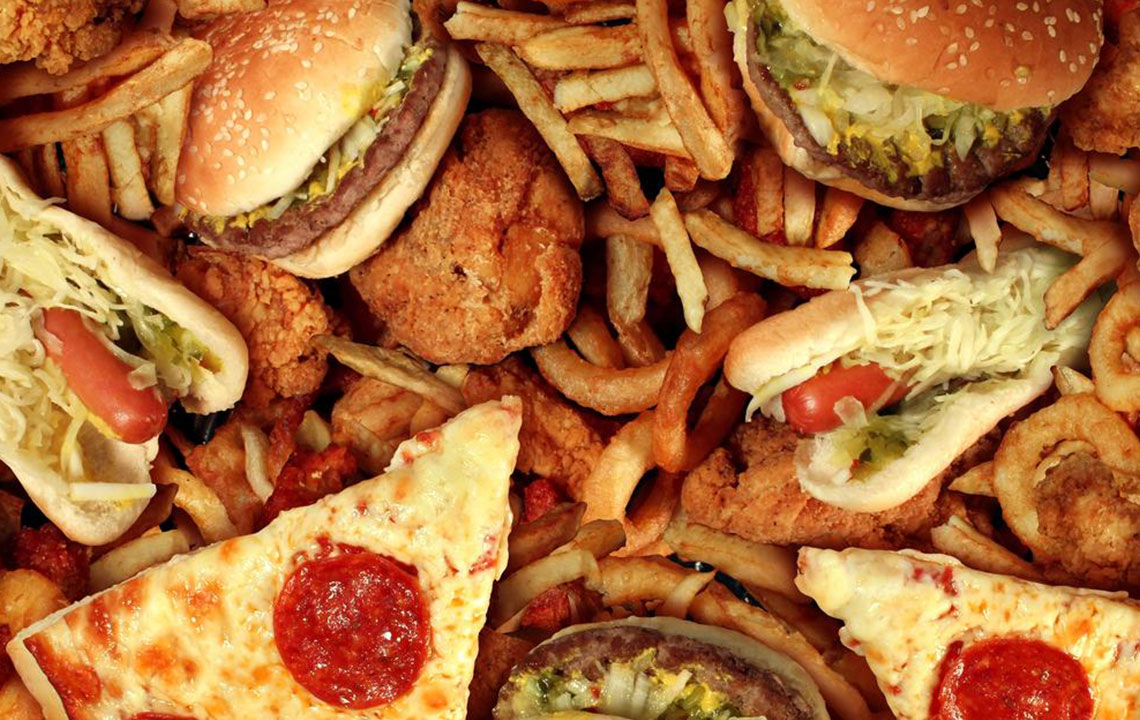Understanding Acid Reflux: Causes, Symptoms, and Dietary Tips
Discover the causes, symptoms, and dietary management tips for acid reflux. Learn which foods to avoid, lifestyle changes to implement, and medical options available to control this common condition. Proper diagnosis and lifestyle adjustments are key to alleviating symptoms and preventing long-term complications, leading to a healthier, reflux-free life.

Understanding Acid Reflux: Causes, Symptoms, and Dietary Tips
Have you experienced that burning sensation in your chest? This common condition, known as acid reflux, occurs when stomach acid rises into the esophagus, causing discomfort often called heartburn.
Causes of Acid Reflux
When the lower esophageal sphincter fails to close properly after swallowing, acid can escape into the esophagus, leading to reflux symptoms. Several factors contribute to this condition:
Overweight or obesity
Large meals or overeating
Lying down soon after eating
Nighttime snacking
Foods like citrus, tomatoes, chocolate, mints, garlic, onions, spicy and greasy dishes
Alcohol, carbonated beverages, coffee, and tea
Smoking habits
Pregnancy
Blood pressure medications
Muscle relaxants
NSAIDs like aspirin and ibuprofen
If reflux occurs more than twice weekly, it might be indicative of gastroesophageal reflux disease (GERD).
Recognizing Symptoms of Acid Reflux
Common signs include:
Burning chest pain or discomfort in the throat, neck, or stomach
Regurgitation of sour or bitter liquids
Feeling bloated or gassy
Frequent belching
Vomiting blood or black stools
Difficulty swallowing (dysphagia)
Recurring hiccups
Nausea and weight loss
Wheezing or dry cough
Hoarseness or sore throat
Proper diagnosis through medical testing is essential if symptoms persist, which may include tests like barium swallow, endoscopy, or pH monitoring.
Foods to Limit or Avoid
Diet plays a crucial role in managing acid reflux. It’s advisable to steer clear of foods and drinks that can trigger symptoms, such as:
Red meats like ground beef, fatty cuts, and fried poultry
High-fat snacks, sweets, and creamy or oily foods including chocolates and pastries
Citrus fruits, tomato-based products, onions, and potato salads
Caffeinated drinks, alcohol, and soft drinks
Refined grains like pasta with heavy sauces and cheese-based dishes
Dairy products high in fat such as sour cream and full-fat cheeses
Additionally, avoiding smoking and alcohol consumption can significantly reduce reflux episodes.
Managing Acid Reflux: Treatment Strategies
Effective treatment combines lifestyle modifications with medical approaches. Consider implementing these steps:
Monitor and avoid foods that trigger reflux
Maintain a healthy weight through exercise and diet
Elevate your head during sleep by raising the bed or using blocks
Eat smaller, more frequent meals instead of large ones
Avoid lying down immediately after eating
Quit smoking and limit alcohol intake
Wear loose-fitting clothes and avoid tight belts
Consult a healthcare provider about medications such as antacids, H2 blockers, or proton pump inhibitors if needed
Natural remedies and prescribed medications can effectively manage symptoms. Surgery is typically a last resort after other treatments have failed.
Summary
Managing acid reflux involves dietary control, lifestyle changes, and medical guidance. By avoiding trigger foods, maintaining a healthy weight, and seeking medical advice when necessary, you can reduce discomfort and improve your quality of life naturally and effectively.










